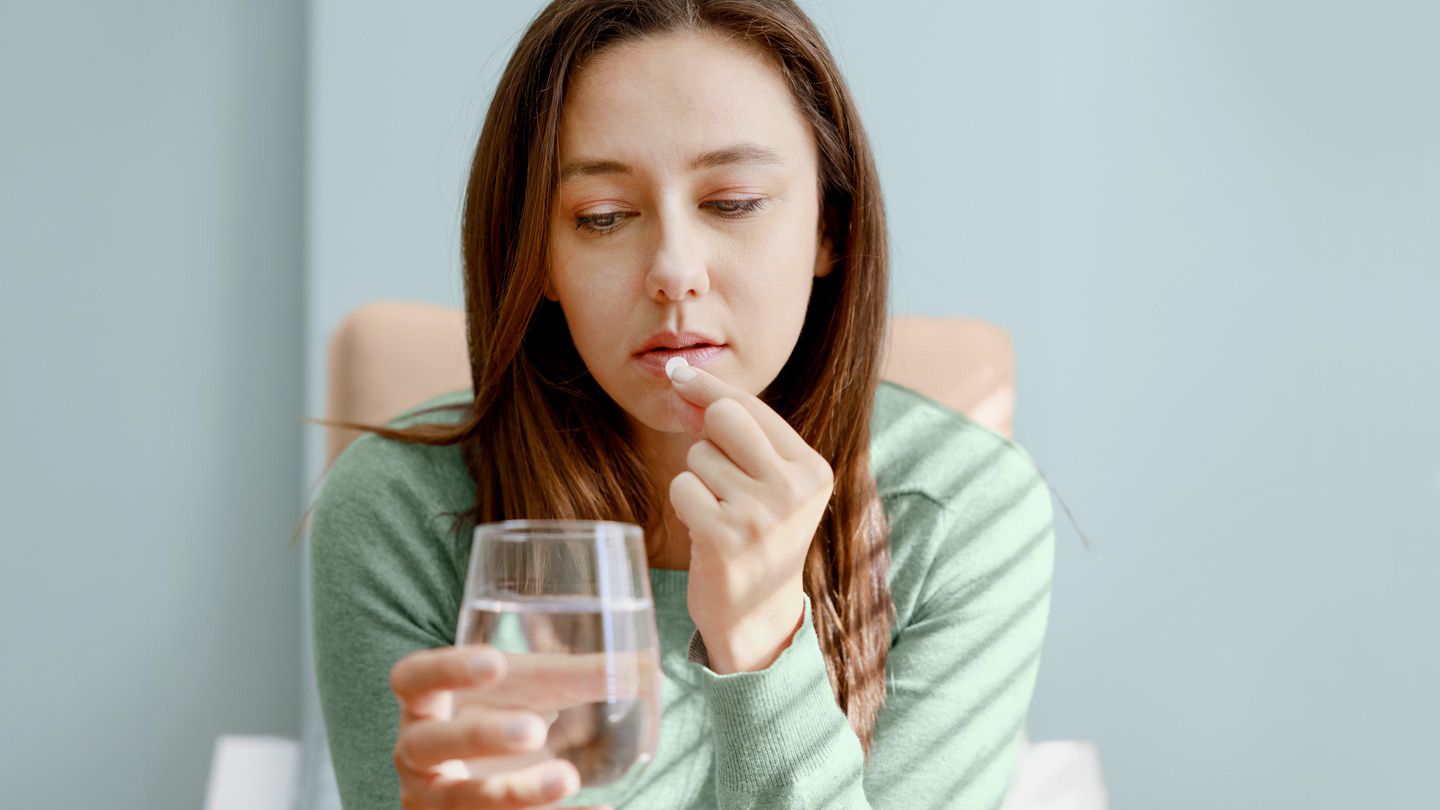As anyone who’s ever had a yeast infection can attest, they’re an experience that’s best avoided. Also known as vaginal candidiasis, an overgrowth of yeast is their most common cause — typically Candida albicans. Yeast infections cause irritation, discharge, and persistent itchiness of the vagina and vulva. They can be caused by not changing out of a wet bathing suit or by wearing scented tampons. Certain types of prescription medications may also trigger a yeast infection.
“Medications have the potential to alter the vaginal pH and microbiome, causing an imbalance which may lead to a yeast infection,” says Rani Ramaswamy, MD, a board-certified obstetrician-gynecologist in Carmel, Indiana. “Typically we see this with antibiotics or steroids, but each person is unique and may experience different side effects from certain medications.”
If you’re prone to yeast infections, talk to your healthcare provider to see if it’s necessary that you take any of the medications below or if other treatment options might suit you.
Read the full article here




